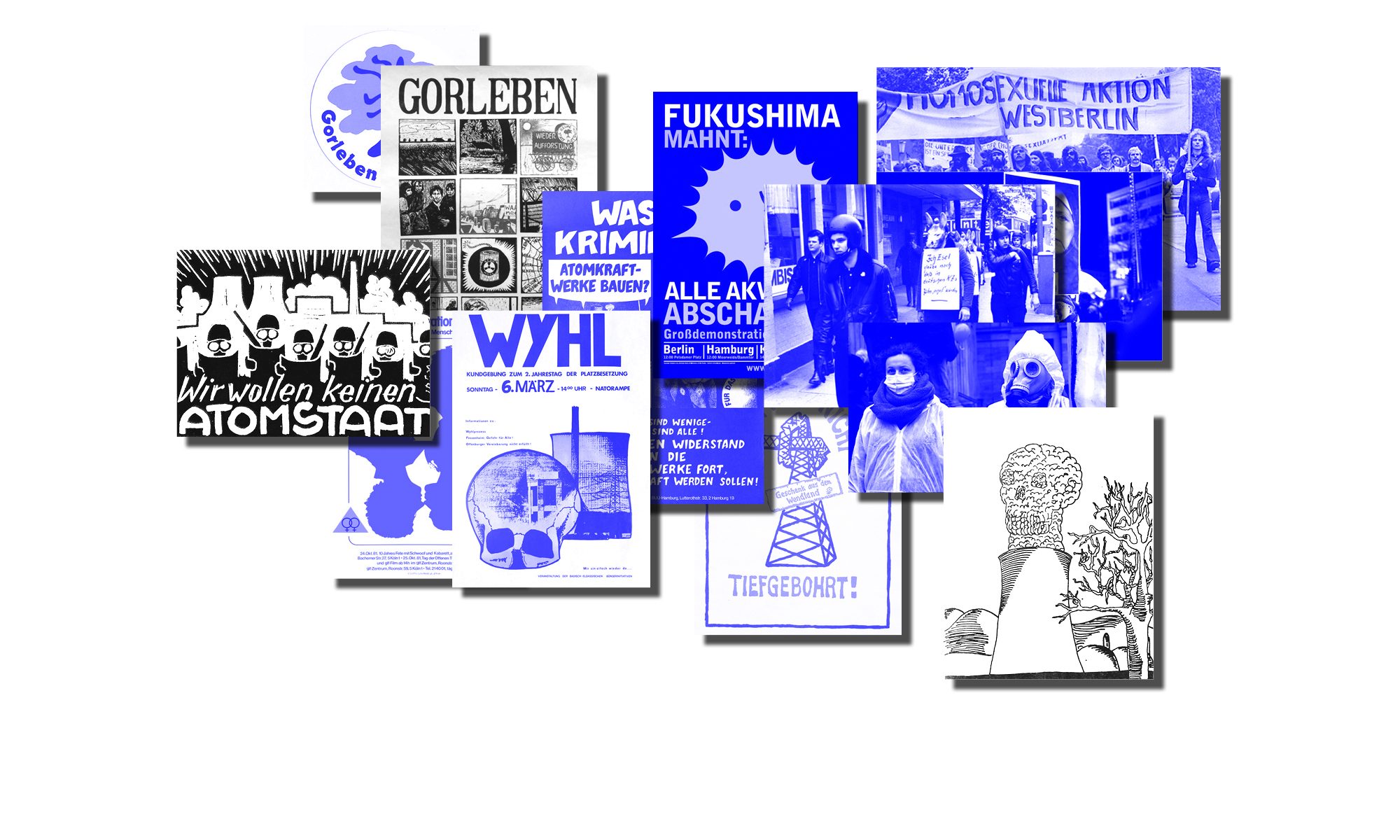A Research Project Funded by the German Research Foundation
The history of political movements is at the same time a history of indignation. There is no movement that does not engage the mobilizing potential of emotions. In this context, visualizations play a pivotal role: they display emotions and they activate emotion. The research project „Images of Indignation. Amateur Practices of Visualizing Protest“ aims at tracing indignation in different contexts and in combination with different emotional motives: worry, love, and hate. Therefore, three thematically and motivationally different protests are compared in a diachronic perspective:
– the gay rights movement
– the anti-nuclear movement and
– völkisch movements.
The project (1) explores the expression of protest on posters, photos, and other media as part of a visual culture. (2) The production and dissemination of images are understood as amateur media practices aiming at the arousal of indignation and at the mobilization of people for protest. The project combines methods of empirical cultural studies and social movement studies. Based on comprehensive visual archives, central motives will be analyzed using an iconographic approach. The images of indignation are embedded in a visual discourse analysis. Guided interviews are used to identify practices of image production and dissemination as well as strategic considerations in the mediatization of emotion. Adding to this, the project takes a diachronic perspective to etch out the historical media context in which media amateurs act in protest movements. The comparative research design allows tackling (1) the cultural embedding and transcultural translation of protest; (2) the impact of media upheavals on the production and dissemination of images; and (3) attempts of media amateurs to bring about change. Thus, the project contributes to a cultural history of media as they are used to express protest and indignation.
What is the approach in different social movements towards the use of images? What is the origin of the images used by them, how are they contextualized, and how do they move into different contexts? Why do certain images of indignation become icons? Tackling these and other questions, the project aims at writing a visual grammar of indignation and understanding the historicality of these images.
„Images of Indignation“ is a cooperative project of the research network Institute for Social Movement Studies. Principal investigators are Prof. Dr. Susanne Regener, chair of media history at Siegen University, and Dr. Simon Teune, Zentrum Technik und Gesellschaft (Technische Universität Berlin). The project is funded by the German Research Foundation from 2017 to 2020.
